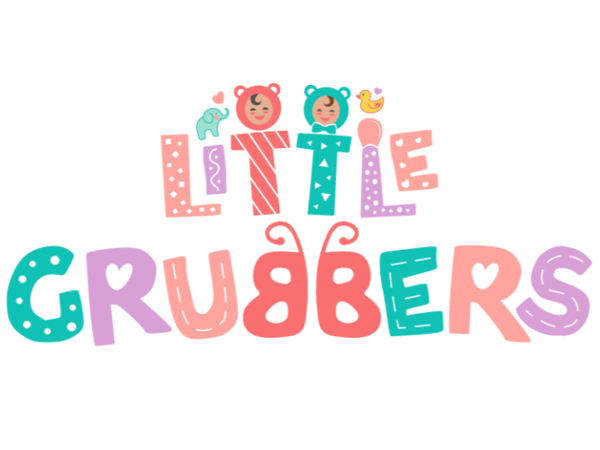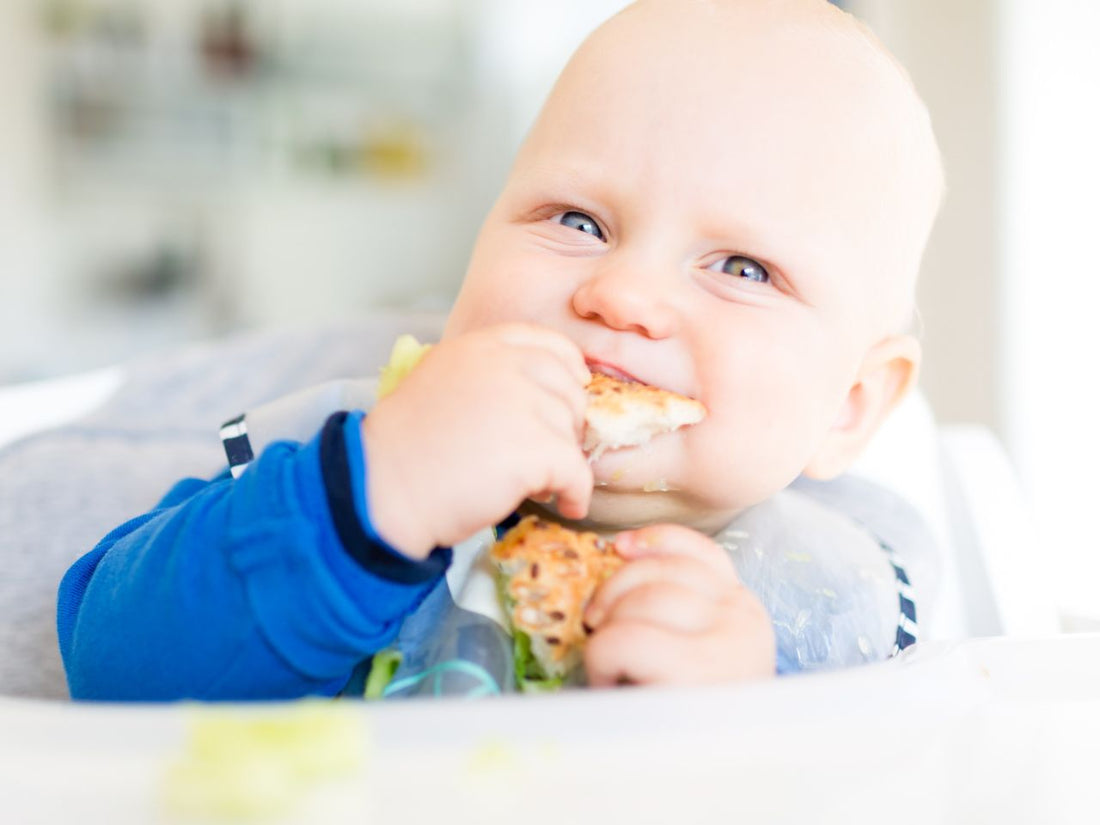The First Steps Toward Feeding Independence
Watching your baby grow and achieve new milestones is one of the most rewarding parts of parenting. One of those exciting steps is when your baby starts to show signs of being ready for self-feeding.
But how do you know when the time is right? If you’re wondering whether your baby is ready for self-feeding, this guide will walk you through three key signs to watch for. Plus, we’ll share practical tips to encourage your little one’s independence and how tools like the 3-in-1 Baby Spoon™ can make the process easier for both of you.
1. Showing Interest in Food and Utensils
The first sign that your baby might be ready for self-feeding is their curiosity about food and utensils. If they’re reaching for your plate, grabbing at their spoon, or watching you eat with intense focus, it’s a good indicator they’re ready to start exploring food on their own.
Encouraging Their Interest
- Offer your baby their own spoon to hold during meals, like the 3-in-1 Baby Spoon™, which is easy for tiny hands to grip.
- Let them play with safe finger foods like soft banana pieces or steamed carrots to build familiarity with textures.
- Involve them in mealtime by letting them “help” scoop or mash food.
Internal Link Opportunity: Link to “Creative Ways to Serve Fruits and Veggies to Babies” for ideas on fun, easy-to-handle foods for self-feeding practice.

2. Improved Hand-Eye Coordination
Self-feeding requires a level of motor skill development that enables your baby to pick up food and bring it to their mouth. Look for signs like:
- Picking up small objects with their fingers (pincer grasp).
- Successfully moving toys or other items to their mouth.
- Showing better control when reaching for things.
Activities to Support Coordination
- Offer soft finger foods like puffs, avocado chunks, or shredded cheese that are easy to pick up.
- Encourage utensil use early with tools designed for babies, like the 3-in-1 Baby Spoon™, which is lightweight and easy to handle.
- Play games that involve grabbing and holding small items, such as stacking rings or blocks.
Pro Tip: Babies often start developing the pincer grasp around 8–10 months, but every child is different.
3. Ability to Sit Up Without Support
Sitting up independently is a critical milestone for safe self-feeding. This position helps reduce choking risks and gives your baby the stability they need to focus on handling food and utensils.
What to Look For
- Your baby can sit upright in a high chair for the duration of a meal.
- They show good head and neck control, allowing them to look around and move freely.
If your baby is sitting up confidently, it’s a great time to introduce self-feeding tools like soft-tipped spoons or baby-sized forks.
Tips for a Smooth Transition to Self-Feeding
Once you’ve identified that your baby is ready, here’s how to set them up for success:
1. Start with Easy Foods
- Serve soft, manageable textures that are less likely to cause frustration, such as mashed sweet potato or yogurt.
- Introduce a variety of flavors and textures gradually to keep mealtime exciting.
2. Create a Baby-Friendly Mealtime Environment
- Use a high chair with a secure tray to minimize mess.
- Provide tools like the 3-in-1 Baby Spoon™, which adapts to your baby’s needs as they grow.
3. Be Patient and Encouraging
- Self-feeding is a messy learning process—expect spills and smears!
- Offer plenty of praise and celebrate their efforts, even if most of the food ends up on the floor.

When to Seek Professional Guidance
If your baby is past 10–12 months and hasn’t shown interest in self-feeding or struggles with key milestones like sitting up or using their hands effectively, consider consulting your pediatrician. They can assess for any underlying issues and provide tailored advice.
Help Your Baby Transition with the 3-in-1 Baby Spoon™
Watching your baby take their first steps toward independence is an exciting journey, and self-feeding is no exception. With the right tools, a little patience, and lots of encouragement, you can help them build confidence and skills that will last a lifetime.
Ready to make self-feeding a breeze? The 3-in-1 Baby Spoon™ is designed to grow with your baby, offering the perfect balance of support and independence at every stage.
Discover the 3-in-1 Baby Spoon™ today and make mealtimes more fun and rewarding!

